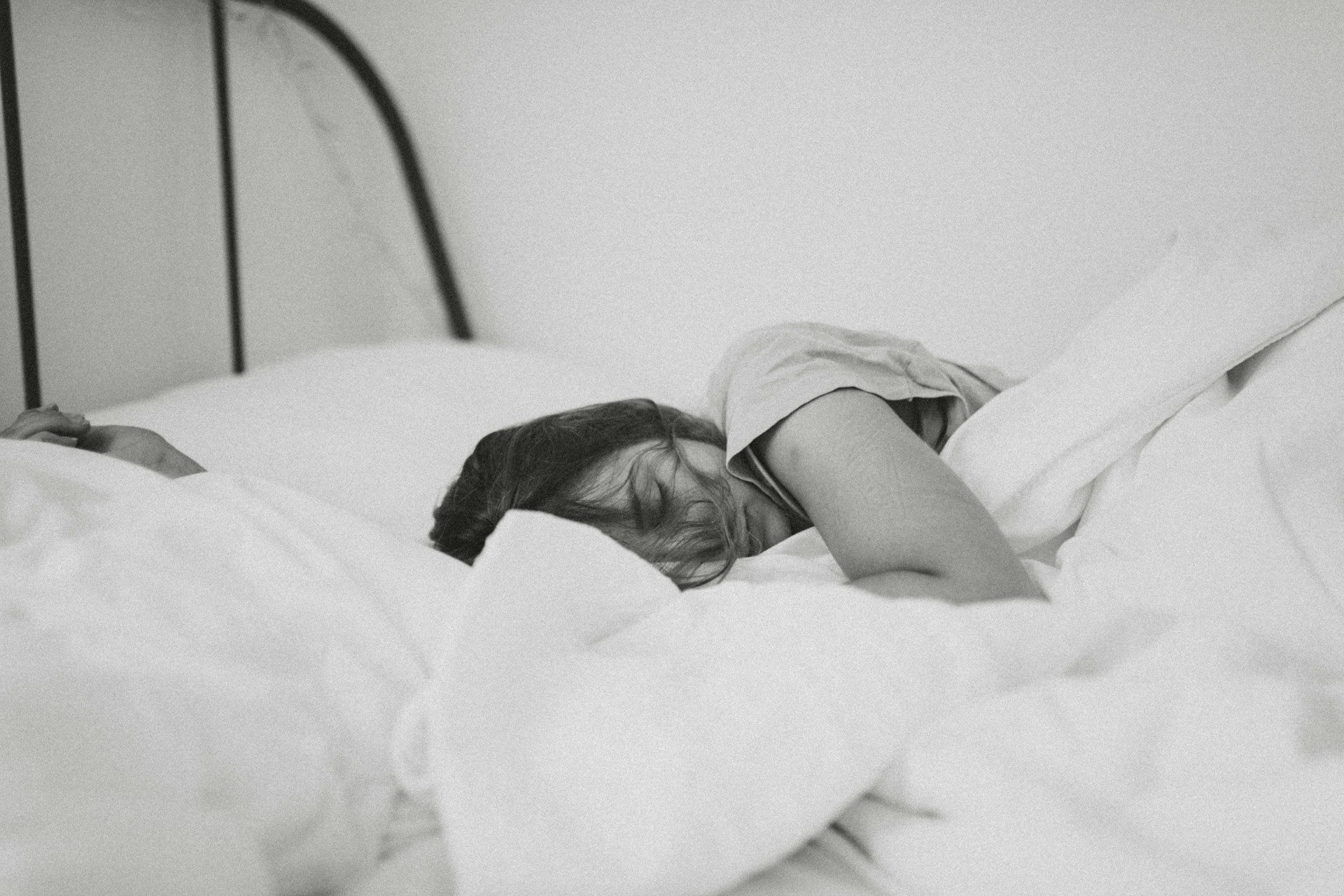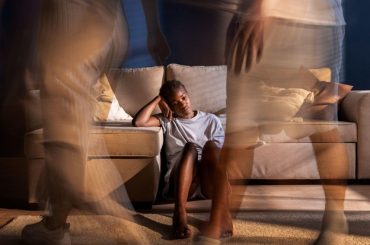Getting a good night’s rest is crucial if you’re recovering from alcohol addiction. Sleep gives your body a chance to heal itself and can give your mental health a much-needed boost. Getting enough rest gives you the energy you need to remain resilient during the recovery stage and will help you fight off sobriety fatigue.
However, you may find that you struggle to get off to sleep without a drink. This is a common experience, as many folks who have alcohol addiction are reliant on alcohol for sleep. Some even experience nightmares after going teetotal, while others simply don’t feel like sleeping.
Rather than giving up on your recovery journey due to poor sleep, try to improve your sleep hygiene and work with professional sobriety services to reduce sleep-related stress and anxiety. This will pay dividends in the future when you’ll be able to get off to a good night’s sleep while staying sober.
Benefits of Sober Sleep
It’s common knowledge that sleeping 7 – 9 hours is good for your health and well-being. However, many people underestimate just how powerful a good night’s rest can be. According to researchers from UC Davis, sleep can:
- Promote heart health
- Reduce the risk of injury
- Increase attention span
- Boost memory and learning
Failing to get a good night’s rest comes with health consequences, too. As well as feeling sluggish, prolonged periods of failing to sleep can increase your risk of falling ill and may undermine your heart health. Signs of poor sleep include:
- Dry or sore throat when waking up
- Sore teeth or jaw
- Mood swings and anxiety
- Difficulty concentrating
Learning to listen to your body and recognize the signs of poor sleep is crucial if you want to make your recovery journey smoother. While there’s nothing wrong with feeling tired or irritated during the early days of your recovery journey, you should aim to address prolonged periods of poor sleep lest it undermine your addiction goals.
Does Alcohol Aid Sleep?
There’s a popular misconception that drinking alcohol can help you get off to sleep. In reality, that “nightcap” has a terrible effect on your health and completely undermines the quality of your rest. Drinking before bed has negative consequences for your sleep, including:
- Disruptions to your “sleep architecture”
- Increased risk of developing sleep apnea
- More likely to experience insomnia
- Poor overall quality of sleep
Rather than helping you get a good night’s rest, that nightcap might be why you feel tired all the time. You’re way more likely to become dehydrated after drinking booze before bed and are certain to feel fatigued if you have alcohol-induced sleep apnea. You’ll also be less likely to lead a healthy, active lifestyle after you awake if you’re drinking before bed which will further suppress your energy levels.
Sober Fatigue
Drinking alcohol has a net negative impact on your health and well-being. It also undermines your sleep quality and will leave you feeling fatigued throughout the day. However, in the early days of addiction recovery, you may find that you experience a phenomenon known as sobriety fatigue.
Sobriety fatigue could last anywhere from a few weeks to up to a year. It’s a difficult condition to manage but can be overcome with the right support and mindset. Common signs that you’re dealing with sobriety fatigue include:
- Sleeping difficulties
- Difficulty concentrating and/or memory problems
- Lower self-esteem
- Diminished interest in activities you enjoy
- Increased stress
These factors can increase your risk of relapse if you don’t address the fatigue you’re feeling. Proactively addressing sobriety fatigue is particularly important if, like Em Cassell, you experience psychological distress due to giving up alcohol. Cassell explains that she experienced “vivid, violent, and kind of bizarre nightmares,” after giving up booze.
This phenomenon is explained by Clinical psychologist Neil Smith, who says “Our brains are very active when we sleep,” and that newly sober people may experience disruption to these established patterns when giving up alcohol. This results in disturbing dreams that may feel stressful. Crucially, however, the process of becoming sober far outweighs the negative mental and physical symptoms of recovery. You cannot use factors like fatigue or nightmares to justify a relapse and should focus on building healthy habits that support good sleep.
Improving Your Sleep
A good night’s sleep should be the backbone of your recovery management plan. However, if you’ve experienced disturbed sleep, you may grow frustrated with the lack of progress. Rather than risking relapse, take steps to improve your sleep quality and duration. According to the UK’s National Health Service, you can do this by:
- Stick to a routine
- Relax and unwind away from electronic devices
- Try mindfulness programs when in bed
- Create a clean, cool environment
- Don’t force sleep — get up and read a book or listen to calming music if you’re not falling asleep
You also need to avoid using alcohol before bed. You can do this by using programs like alcohol monitoring systems like Soberlink. Soberlink uses a discreet and portable, professional-grade breathalyzer designed for convenience and reliable results. The BAC test results from Soberlink’s breathalyzer are sent immediately to whoever is chosen via text or email. And, with a built-in camera and advanced facial recognition, Soberlink automatically verifies the identity, so there’s no way someone else can test for them. Soberlink can also detect tampering attempts, including the use of air pumps.
Using monitoring systems like Soberlink before bed reduces your risk of relapse and helps you stay sober even when you’re feeling fatigued. This can empower you during the recovery process and help you stay on course to hit your recovery goals.
Sleeping during the recovery process can be a challenge. You may struggle to drift off and could find that you’re interrupted by nightmares while sleeping. This is entirely normal and will become easier with time. Increase your chances of getting a good night’s sleep by using alcohol monitoring systems in tandem with habits that improve your sleep hygiene. This will improve the quality of your rest and help you stay on course.







